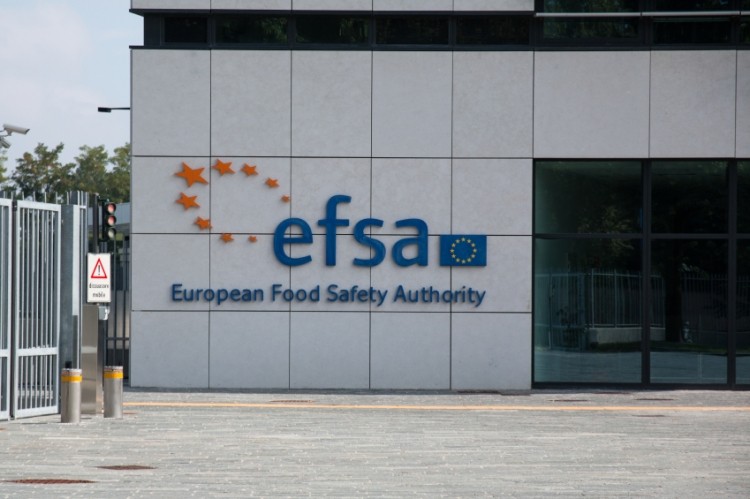EFSA authorisation reform: Strengthening trust or jeopardising competitiveness?

The EC’s Environment and Health Committee (ENVI Committee) said that last week it wants EFSA to work more “efficiently and transparently”.
A breakdown of trust
According to the European Commission, European citizens report a lack of trust over the transparency of EFSA’s risk analysis, particularly for the authorisation dossiers.
The proposal is a follow-up to the European Citizens' Initiative on glyphosate, especially to concerns expressed in the initiative regarding the transparency of the scientific studies used to evaluate pesticides. It also follows a fitness check of the General Food Law (GFL), which was completed earlier this year.
EFSA’s food safety assessments are primarily based on industry studies – data and information generated and funded by the applicant – and this has led to a degree of suspicion. According to the EC’s assessment, such misgivings are compounded by the strict confidentiality rules EFSA operates under regarding these studies, which are currently not publicly disclosed.
In order to address this, in April the EC officially proposed a targeted revision of the GFL regulation. The EC hopes to provide citizens with greater confidence in EFSA’s applications process.
“These elements have a negative impact on consumers' trust who ask for more transparency. To tackle this issue, the Commission has made several proposals to ensure more transparency during the risk assessment process in its regulation proposal,” Katia Merten-Lentz, partner at international law firm Keller and Heckman, told FoodNavigator.
Opening data
In the Committee last week, it emerged that this will likely mean a number of changes in the data that is placed in the public domain. In something of a compromise deal, the ENVI Committee said citizens should have “automatic access” to all information relating to safety that is submitted to EFSA.
Additionally, a common European Register of commissioned studies should be set up, the Committee suggested. This would deter companies applying for an authorisation from holding back “unfavourable studies”, members suggested, with the possibility that additional studies could be requested by the agency.
The Committee decided a set of criteria to determine what information can remain confidential. This could be limited to the trademark under which a product will be marketed and “detailed descriptions” of preparations.
The Committee also wants to launch a consultation process for stakeholders and the public at large regarding scientific studies submitted by the industry.
In a bid to streamline the authorisation process and improve efficiency, a new pre-submission procedure has been introduced. Under this stipulation EFSA may provide advice to the applicant on how to provide all required information.
The Commission also wants to strengthen risk communication to citizens by promoting public awareness and better explaining scientific opinions. Importantly, the EC hopes to bring EFSA and national safety regulators into closer alignment – avoiding contradictory or conflicting advice that has also contributed to the breakdown in trust.
‘Seriously jeopardizes competitiveness’
While MEPs broadly concur that there is a need to improve trust perceptions of the EFSA authorisation process, the debate proved divisive. In particular, some MEPs expressed concern that the changes will be introduced at the detriment of the European food industry – inhibiting innovation and hitting global competitiveness.
"It is true that there is room for improvement in EFSA's transparency rules. The agency already publishes a lot of information, but is not obliged to. Adopting proactive transparency rules, like other EU agencies do, would therefore make sense,” said centre-right rapporteur Renate Sommer (EPP, DE) after the vote.
“However, what the European Parliament’s Environment Committee decided today seriously jeopardizes the competitiveness of European manufacturers. If the manufacturers’ applications for authorisation and the underlying scientific studies have to be published at the time of application, there is a risk of worldwide ideas piracy,” Sommer warned.
EU legal expert Merten-Lentz said that the divisiveness of the issue meant that compromise was not reached on certain key areas, including whether studies would be published in full at the beginning or end of the authorisation process and exact details of what information can be kept private.
“MEPs were very divided over the issue, with the Greens and left-wing groups being in favour of disclosure form the start, agreeing with the proposal of the Commission, whilst the right-wing groups are being more circumspect, and being accused of being too pro-industry."
Parliament as a whole will discuss and vote on the report during its December session.

























